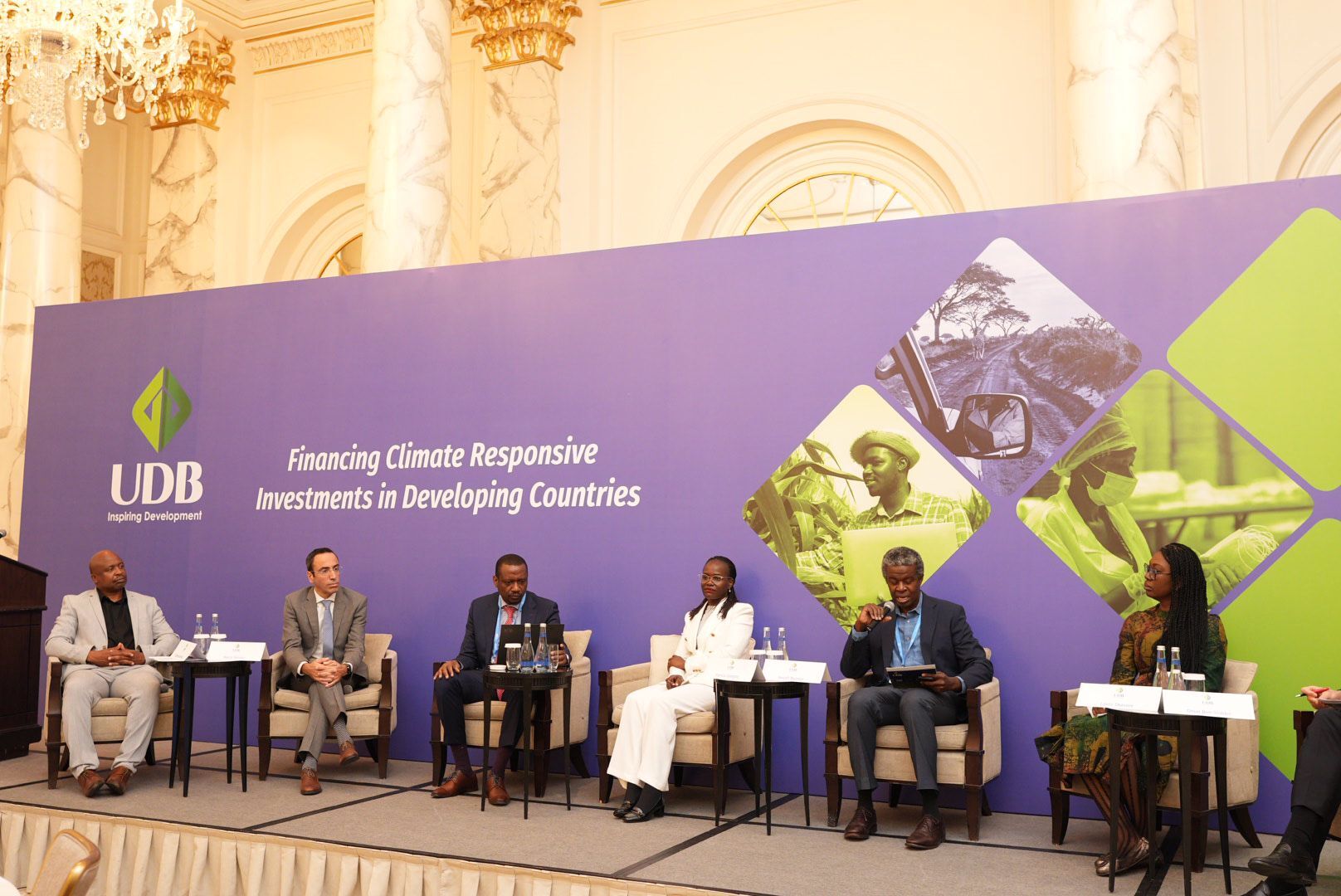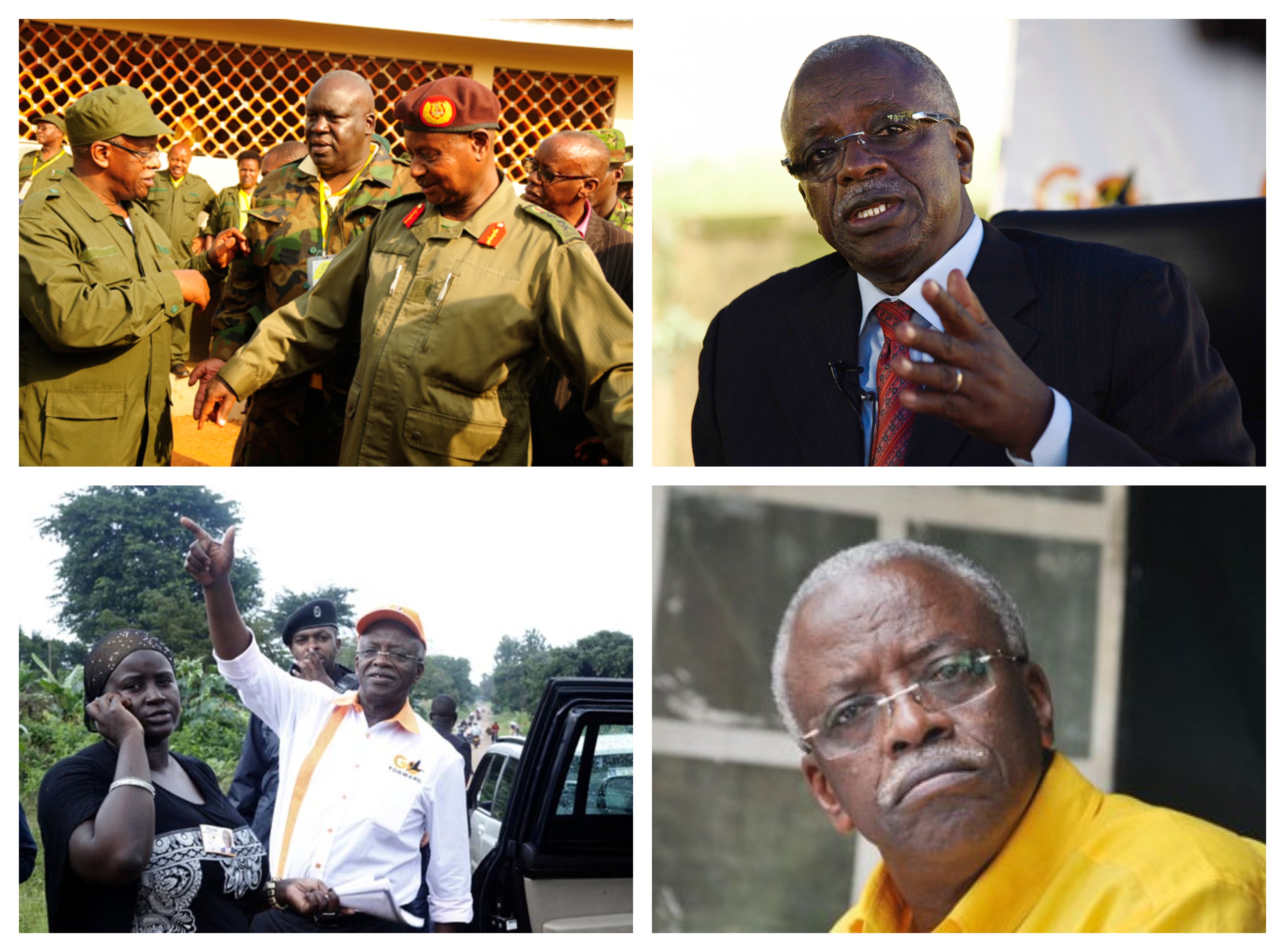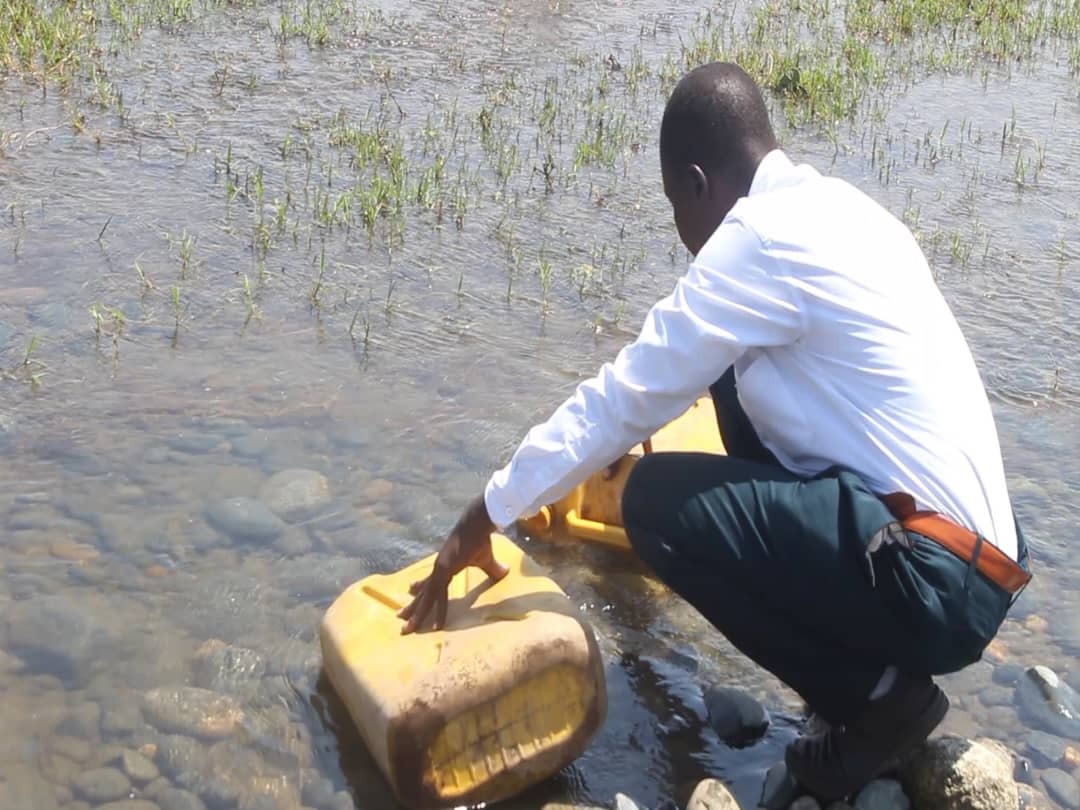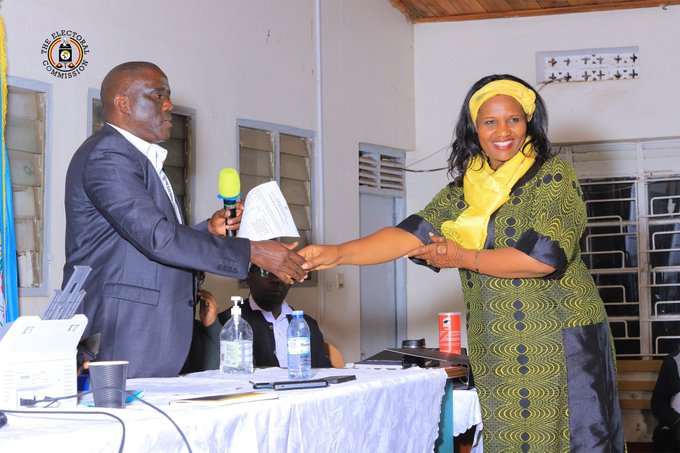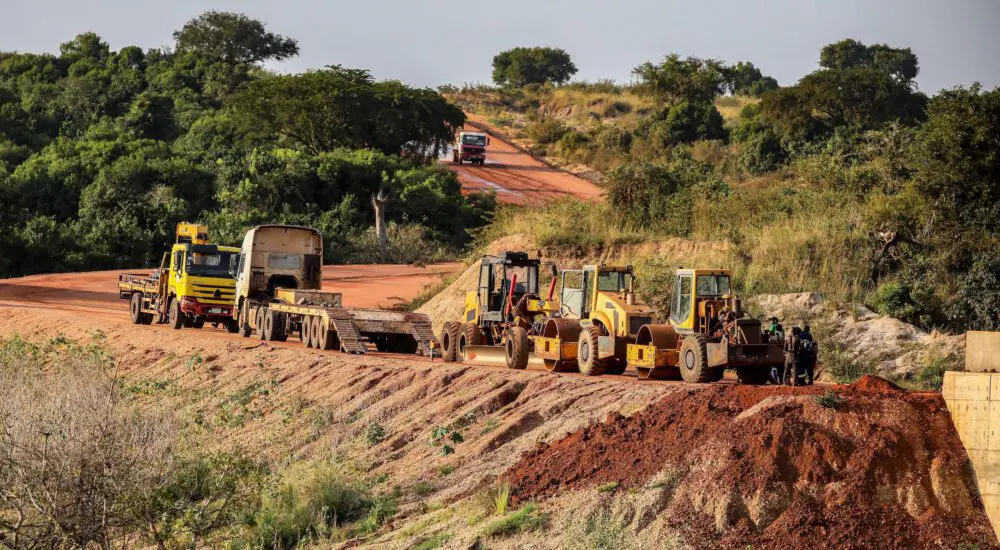Baku, Azerbaijan: Uganda has been lauded for the pioneering and visionary strides that the country has made in green financing necessary to slow the adverse impact of climate change.
The country’s progressive policy environment and government’s efforts in extending patient capital to private enterprises in areas of low carbon industrialization, green manufacturing and climate resilient infrastructure, is what dominated discussion during a high-level meeting convened by Uganda Development Bank (UDB) on the sidelines of the ongoing COP 29 in Baku, Azerbaijan.
In his keynote address, Ibrahima Cheikh Diong, the newly elected executive director of the Fund for Responding to Loss and Damage, said it is important today more than ever for any financial institution to mainstream climate financing.
“And the fact that the bank has put together a climate finance facility, it shows leadership, a vision, but more importantly, trying to mainstream something that all the institutions have to be relevant. And I think this is something to be saluted, but more importantly, we need to take it to the next level, to make sure that going forward, whatever the bank does, it has to be climate relevant. And I think that is the intention behind the climate finance facility,” Diong said.
UDB’s nanaging director Patricia Ojangole, emphasized that while developing nations like Uganda are on the frontlines of climate change, they also show innovation and contribute valuable solutions to the climate crisis.
She pointed out that UDB’s Climate Finance Facility is designed to address these challenges. Since the establishment of the facility in 2019, the bank has approved projects worth $85 million in low carbon industrialization, green manufacturing, climate resilient infrastructure among others.
Green manufacturing constituted 82% of the projects UDB structured and approved this year.
“The Bank established the Climate Finance Facility to coordinate green financing initiatives in the bank, provide technical support in structuring green interventions, provide guidance regarding the green financing options, identify and assess low carbon and climate resilient investments, and propose suitable adaptation and mitigation strategies for projects. The idea is to deliberately finance interventions that target reducing emissions and building the resilience of Ugandans to the impacts of climate change,” she said.
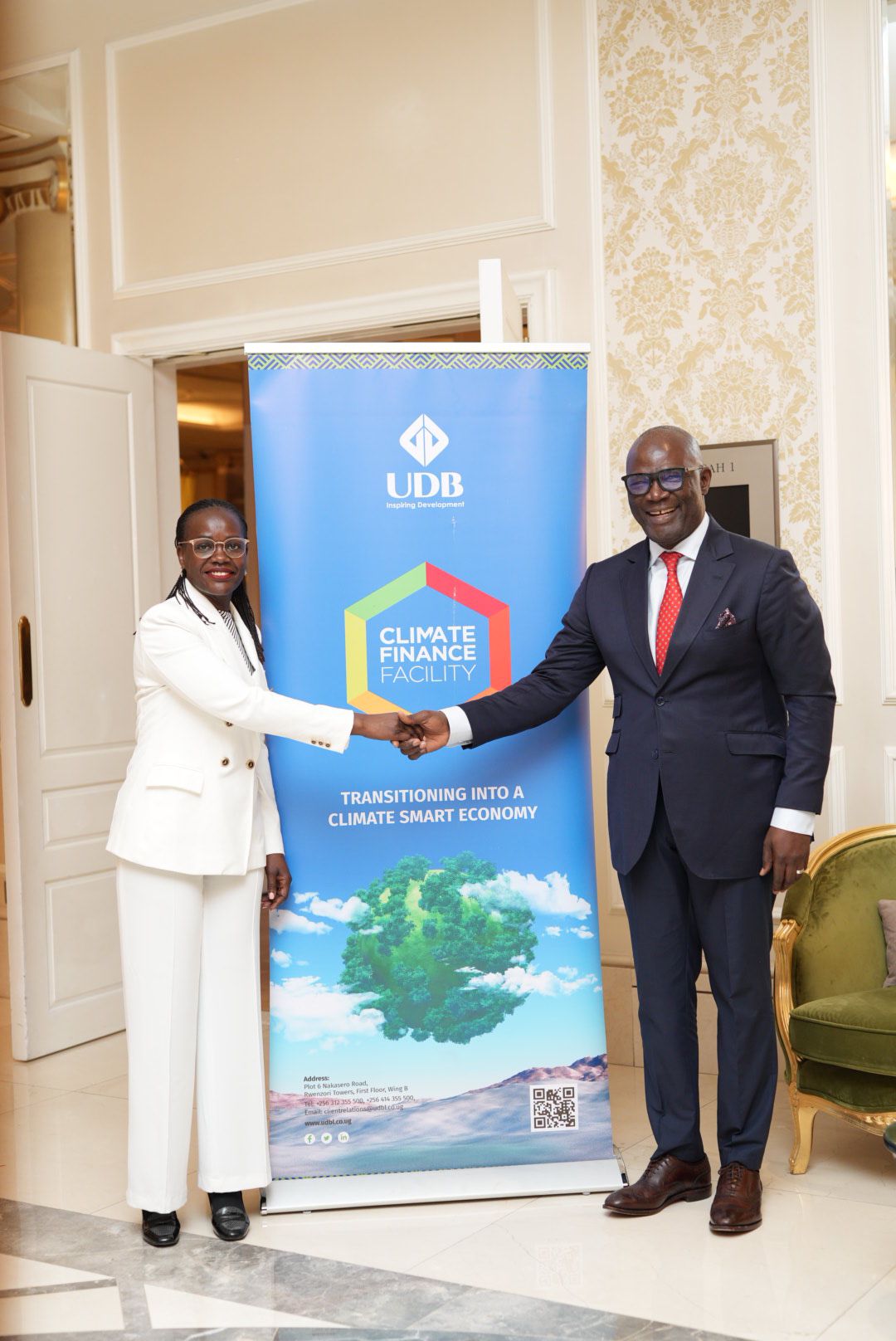
Joseph Nganga, Vice President for Africa Global Energy Alliance for People and Planet (GEAPP) said Uganda is showing tremendous leadership in the renewable energy arena.
“Uganda also is very innovative in terms of driving green and climate-friendly investments. For example, Uganda is one of the few if not the only country on the continent that has an e-cooking tariff that encourages cooking with electricity thus reducing emissions,” Nganga said.
This year’s COPs hinges on limiting global warming to 1.5°C, emphasizing the urgent need for investment in climate action. World leaders, the private sector and environmental campaigners have made appeals for boosting ambition through national plans and transparency while driving action with effective financing to reduce emissions and address climate impacts.
Africa in particular has spoken in unison, highlighting that the cost of inaction is far greater than the investment required to build a resilient and prosperous future for the 1.3 billion population continent, whose economies lose up to 5% of GDP, on average, annually due to climate-related disruptions.
The continent has experienced a 30% reduction in agricultural productivity since 1961 due to climate change, a figure higher than any other region in the world.
In Uganda, effects of climate change have turned rainy seasons around with the country experiencing shorter or longer rains and harsher droughts – especially in the eastern and north-eastern Uganda.
